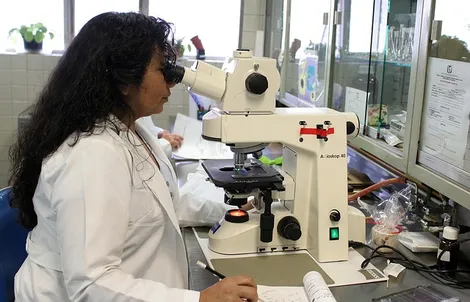The Role of Games in Health Care Occupations: Enhancing Skills for T-Tube Drain Management
:
Health care occupations require professionals to possess a wide range of skills and knowledge to provide quality care to patients. One particular aspect of patient care that demands proficiency is the management of medical devices, such as T-tube drains. To enhance the skills of health care professionals in this area, games have emerged as an effective tool for training and education. This article explores the role of games in health care occupations, specifically focusing on the management of T-tube drains.
Understanding T-Tube Drains:
T-tube drains are medical devices used to drain bile from the common bile duct after certain surgical procedures, such as gallbladder removal. These drains are typically placed during surgery and remain in place for a specific period. Health care professionals, including nurses and surgical technologists, are responsible for the care and management of T-tube drains to ensure patient safety and recovery.
The Benefits of Games in Health Care Occupations:
1. Skill Development: Games provide a hands-on approach to learning, allowing health care professionals to practice and develop their skills in a safe and controlled environment. By simulating real-life scenarios, games enable professionals to gain experience in managing T-tube drains without risking patient safety.
2. Decision-Making: Games often present players with various scenarios and challenges, requiring them to make critical decisions. In the context of T-tube drain management, games can simulate different complications or emergencies that may arise, allowing professionals to practice their decision-making skills in a risk-free setting.
3. Teamwork and Communication: Games can foster teamwork and effective communication among health care professionals. Collaborative games can simulate multidisciplinary scenarios, encouraging professionals from different disciplines to work together, exchange information, and coordinate their efforts in managing T-tube drains.
4. Continuous Learning: Games provide an engaging and interactive platform for continuous learning. Health care professionals can access games at any time to refresh their knowledge, learn new techniques, or stay updated with the latest advancements in T-tube drain management.
Examples of T-Tube Drain Management Games:
1. Virtual Simulations: Virtual reality (VR) or augmented reality (AR) games can provide an immersive experience, allowing health care professionals to practice T-tube drain management in a realistic virtual environment. These simulations can replicate the challenges and complexities associated with T-tube drain care, enhancing professionals’ skills and confidence.
2. Mobile Applications: Mobile games designed for T-tube drain management can be easily accessed on smartphones or tablets. These apps can provide interactive tutorials, quizzes, and case studies, enabling professionals to learn and test their knowledge on the go.
Conclusion:
Games have become valuable tools in health care occupations, particularly in the management of T-tube drains. By offering a safe and interactive learning environment, games enhance professionals’ skills, decision-making abilities, teamwork, and continuous learning. As the health care industry continues to evolve, incorporating games into training and education programs can contribute to improved patient care and outcome
